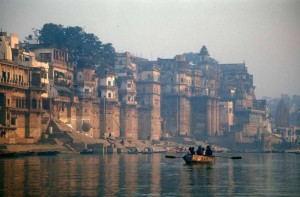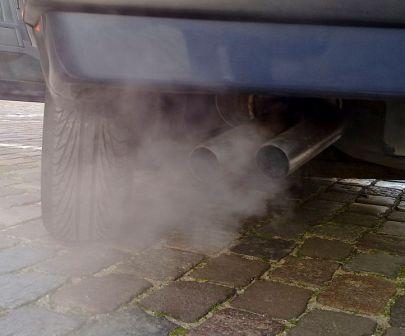A Crusader’s fight for the Ganga
There has already been a loss of life earlier in Uttarakhand for the Ganges. Swami Nigamanand died after a fast that lasted for 115 days. History is repeating itself and Mr. G.D. Agarwal who has renounced worldy life and is now known as Swami Gyan Swarup is on a fast.
Uttarakhand is a wonderful state endowed with immense natural beauty. I was a kid when I saw people agitate for a separate state. All of us were convinced that things would turn rosy for us if we had a separate state but sadly, Uttarakhand has become a shining example of mismanagement by the two main political parties. The state is literally driven by the migrant population that does not see any opportunity in the state and has to look for jobs outside.
While it may be argued that Uttarakhand has to depend on hydro-electricity as it does not have much other resources, there can be no reason to explain the haste with which some such projects are undertaken.
G.D. Agarwal was a professor with the Indian Institute of Technology, Kanpur. He has started his hunger strike demanding that all hydroelectric projects on the tributaries of the Ganga be stopped and the Ganga be allowed to flow continuously. He has been on such fast earlier too which was called off after the government promised that the Lohari Nagpala project would be examined by a high level panel.
The National Ganga River Basin Authority of which the PM is the Chairman has met just two times in the past three years. The experts appointed to the NGRBA- Magsasay award winner Rajendra Singh resigned recently along with two other members as they were not satisfied with the inactive approach of the NGRBA.
The principle problem with the rivers in India and the government’s handling of environment in general is that at present our approach is reactionary. We wait for the pollution to take place and then react. This is not how sustainable development can be achieved. The pollution must be prevented in the first place. No amount of treatment plants will work unless we can stop the pollutants from entering the river in the first instance. This has to take place at two levels. While the government has to shoulder the primary responsibility, there has to be a proactive response from the citizen too.
The NGRBA is a powerful body and there is no paucity of funds, why then no concrete action is being taken? Will the authorities act to save the river…
If a scientist like him saw no option other than to sit on a fast in order to protect the Ganga, there must be something very wrong with the system. As I write, Shri G.D.Agarwal has decided to break off his fast following assurances from the government. Will there be concrete action this time or activists like him will continue with such fasts. The Ganga cannot wait. Time for action is now.
Image credit: on Wikipedia



